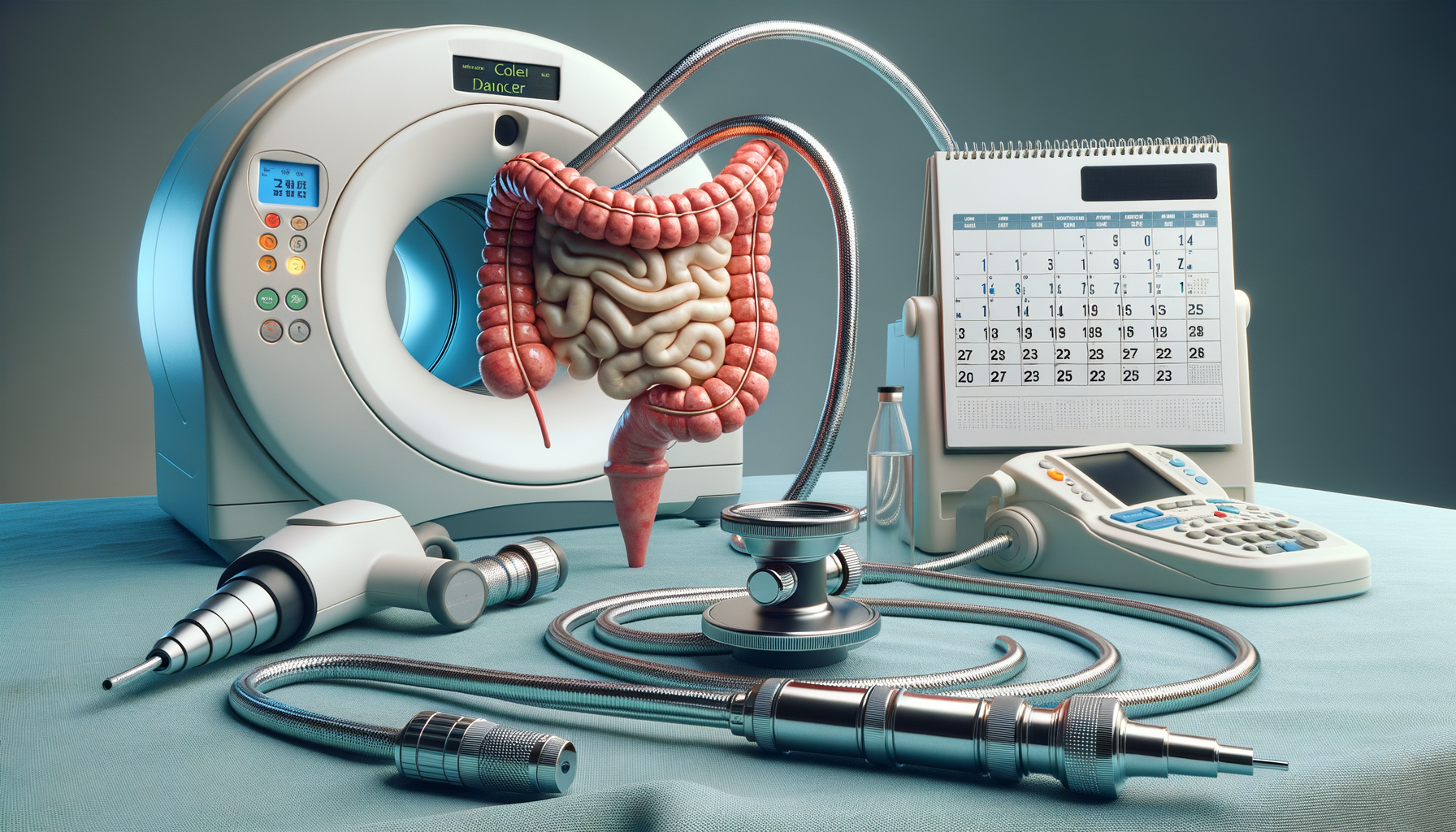Overlooked Signs of Colon Cancer in Women
Introduction to Colon Cancer in Women Colon cancer, often overshadowed by other health concerns, is a significant health issue affecting women worldwide. Recognizing its importance, especially in women, is crucial due to certain symptoms that may differ from those in men. Early detection is key, as it can drastically improve treatment outcomes and survival rates.

Introduction to Colon Cancer in Women
Colon cancer, often overshadowed by other health concerns, is a significant health issue affecting women worldwide. Recognizing its importance, especially in women, is crucial due to certain symptoms that may differ from those in men. Early detection is key, as it can drastically improve treatment outcomes and survival rates. Despite being a common type of cancer, many women remain unaware of its early signs, which can be easily mistaken for less severe health issues. By understanding these signs, women can take proactive steps in managing their health.
Common Symptoms and Misconceptions
Colon cancer symptoms can be subtle and are often mistaken for other gastrointestinal issues. Some of the most common symptoms include:
- Changes in bowel habits, such as diarrhea or constipation
- Blood in the stool, which may appear bright red or very dark
- Unexplained weight loss
- Persistent abdominal discomfort, such as cramps or pain
- Fatigue or weakness
These symptoms can be easily overlooked or attributed to less serious conditions like hemorrhoids or irritable bowel syndrome. This misattribution often leads to delays in seeking medical attention, which is why awareness is crucial. Women should be particularly vigilant about changes in their digestive health, as early intervention can lead to better management of the disease.
Risk Factors Unique to Women
While many risk factors for colon cancer are common across genders, some are more prevalent or specific to women. These include:
- Age: The risk increases with age, particularly after the age of 50.
- Family history: A family history of colon cancer can increase risk.
- Hormonal factors: Women who have undergone hormone replacement therapy may have a slightly increased risk.
- Diet and lifestyle: High-fat diets, sedentary lifestyles, and obesity are significant risk factors.
Understanding these risk factors can empower women to make informed lifestyle choices and engage in preventive measures, such as regular screenings and maintaining a healthy diet and exercise routine.
Screening and Prevention Strategies
Screening is a powerful tool in the early detection of colon cancer. Women should discuss with their healthcare providers about the appropriate age to begin screening, which is generally recommended to start at age 45 for those at average risk. Various screening methods are available, including:
- Colonoscopy
- Stool tests (such as fecal occult blood test)
- Flexible sigmoidoscopy
Prevention strategies also play a crucial role. These include adopting a diet rich in fruits, vegetables, and whole grains, reducing red and processed meat intake, and engaging in regular physical activity. Avoiding tobacco and limiting alcohol consumption can also decrease the risk.
Conclusion: Taking Charge of Your Health
Colon cancer is a formidable health challenge, but understanding its signs and risk factors can lead to early detection and successful treatment. Women must prioritize their digestive health and seek medical advice when experiencing unusual symptoms. Regular screenings and a healthy lifestyle are key components in reducing the risk of colon cancer. By staying informed and proactive, women can significantly improve their health outcomes and quality of life.